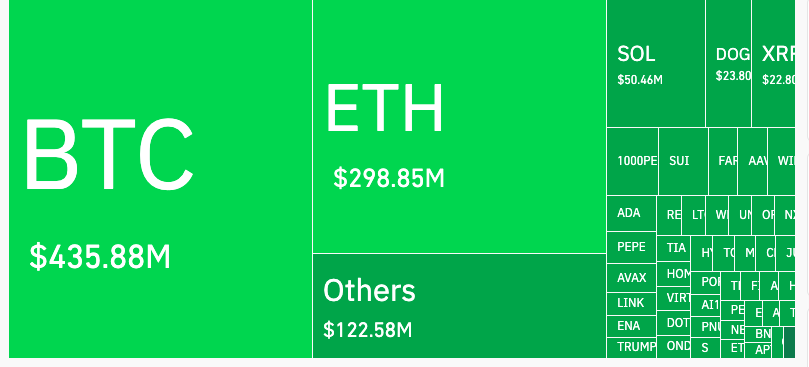Institutions have become increasingly skeptical about ESG ratings–and rightly so. In our recent research, we show how the inclusion of ESG metrics in assembling a portfolio can lead to unintended consequences.
After gathering the subset of stocks that were traded on a daily basis between 1998 and 2020 on the three major exchanges as well as ESG data, we quantitatively studied the inclusion of ESG metrics in two ways. First, we consider trading strategies that only rely on returns, rather than a combination of returns and ESG scores. We found that non-ESG rules that incorporate returns result in higher ESG scores, compared with ESG-based rules.
Second, we considered trading strategies that prioritize the stocks with the highest overall ESG score, reflecting the increased attention that ESG has received in recent years. We found that it does not result in the most efficient portfolio in terms of risk-adjusted returns. While including ESG data leads to portfolios with higher returns, it was at the cost of more volatility.
Our results may come as a surprise: Because of the noise inherent in ESG metrics, including them creates estimation risk and worsens the portfolio allocation. In fact, we find that the explicit targeting of ESG metrics leads to a portfolio allocation that is economically and environmentally worse than the market allocation. That is consistent with prior research that finds substantial disagreement among ESG ratings agencies due to their chosen ESG metrics, how they measure the metrics, and how they weight across the metrics in forming overall scores. Our results are also consistent with recent research that has shown how the inclusion of uncertainty associated with an ESG metric lowers financial returns.
It’s as if you are trying to hit a moving target–you will not only miss the target but also create a mess in the process. Even though the desire to achieve broader impact through ESG is good, the devil is in the details: the measurement and choice of metrics are enormously important, and the absence of clarity and consensus around them will introduce significant noise into investors’ portfolio choice conundrum.
To make further sense of these results and understand how the average American thinks about ESG matters, we surveyed a nationally representative sample of 1,500 people and asked them to rank 10 ESG topics. While we can only speak to the relative ranking of each topic, we find no statistical evidence that individuals believe companies should focus on other priorities besides maximizing shareholder value after accounting for their own ranking of ESG issues.
Furthermore, among those who personally rank issues such as climate change among the greatest priorities, they also recognize that it is not necessarily within a company’s objectives to do so. If anything, respondents tend to rank company objectives around paying a living wage higher than their own personal rankings of it. In this sense, whereas a frequent justification for active ESG policies is that people believe that companies should be doing more, our result says that it is just a reflection of peoples’ own preferences that they superimpose onto the company.
We also conducted a simple randomized experiment where we provided some respondents with information from a scientific study about the costs of renewable energy, in contrast to the control group, to gauge the impact of information on attitudes toward ESG. Then, we asked them about their support for renewable policies. We found that information exposure lowered their support, after learning about what often amounts to overlooked costs. This divergence between personal and organizational ESG objectives, combined with the muddled ESG scoring landscape, reiterates the potential pitfalls of heavily relying on these scores for investment decisions.
An essential takeaway is the need for a balanced approach. While ESG metrics can provide valuable insights into a company’s broader societal impact, they should be seen as a supplement, not a replacement, to traditional financial metrics. Investors should be wary of overemphasizing ESG at the expense of established measures that have stood the test of time.
Christos A. Makridis, Ph.D., is the founder and CEO of Dainamic Banking and holds academic affiliations at Stanford University, among other institutions.
Majeed Simaan, Ph.D., is a professor of finance and financial engineering at the School of Business at Stevens Institute of Technology.
More must-read commentary published by Fortune:
The opinions expressed in Fortune.com commentary pieces are solely the views of their authors and do not necessarily reflect the opinions and beliefs of Fortune.
Credit: Source link











